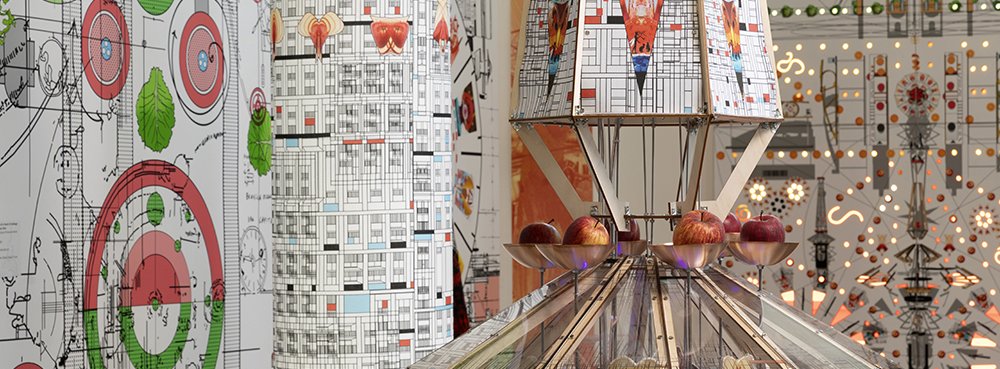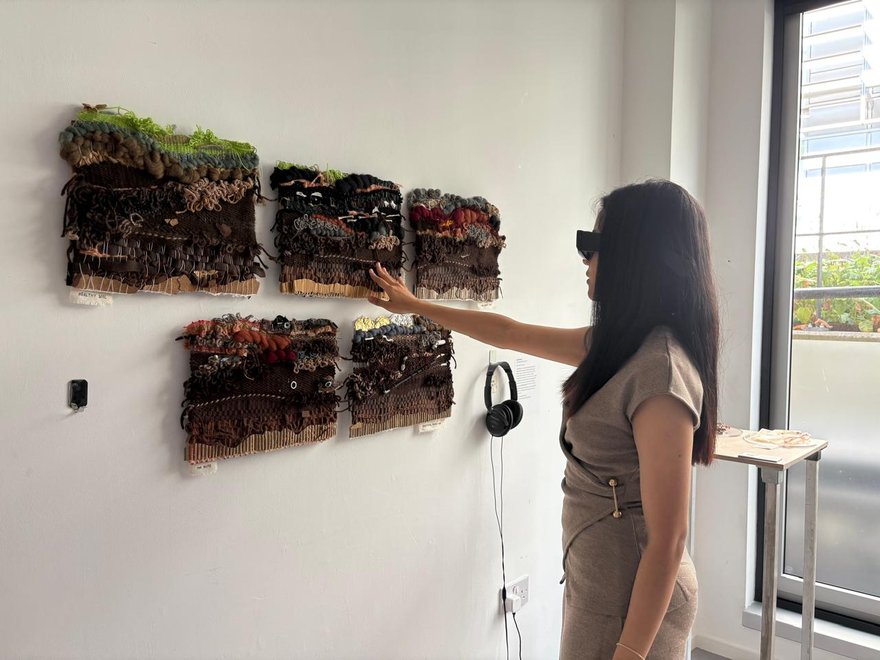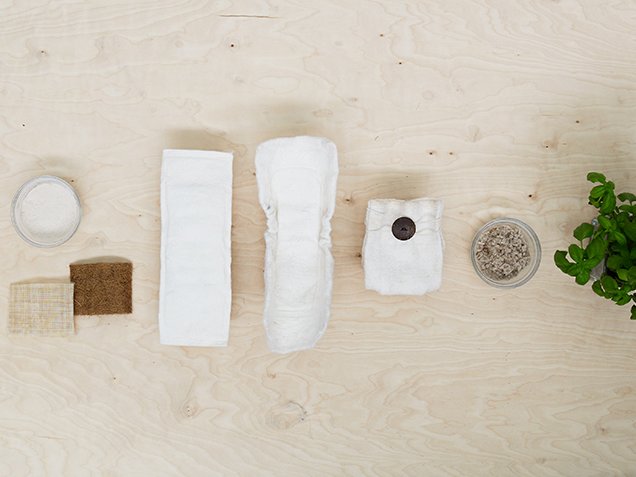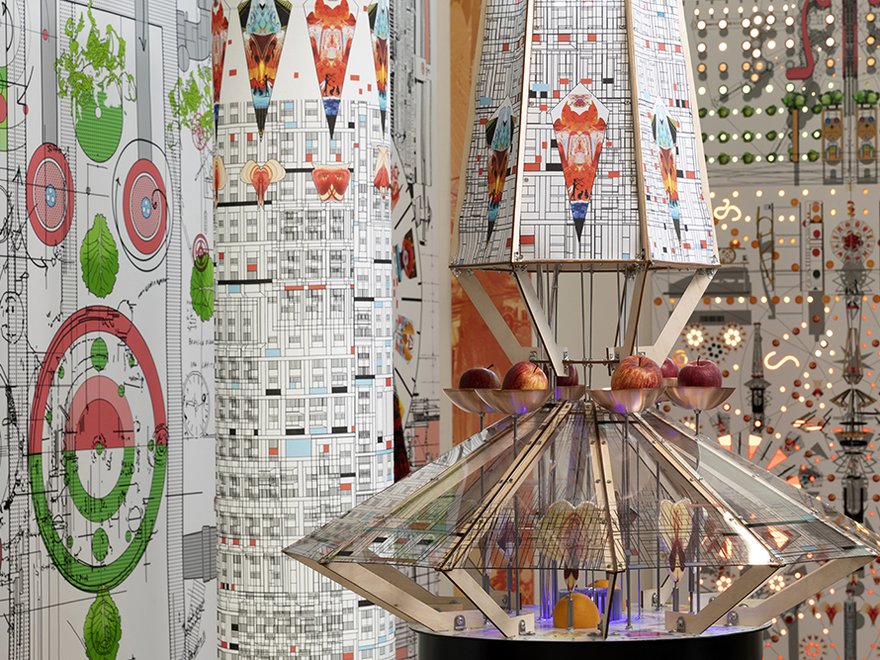
Key details
Date
- 28 August 2025
Author
- RCA
Read time
- 3 minutes
The Royal College of Art (RCA) today announced the winners of the third annual Hyundai Awards for Excellence in Sustainability and Creative Practice, marking a decade of collaboration with Hyundai Motor Group through a new partnership agreement.
Key details
Date
- 28 August 2025
Author
- RCA
Read time
- 3 minutes
The awards celebrate art and design projects that question current norms within society, suggest solutions or provoke emotions in the face of climate change and the challenges around sustainability. RCA students graduating in 2025 were invited to contribute creative responses in three categories, Inspiration, Innovation, and Aesthetics & Craft. The winners have been selected by a panel of experts including Peter Schreyer, Executive Design Advisor, Hyundai Motor Group & representatives from the Hyundai brands as well as Professor Dale Harrow, Chair of Intelligent Mobility at the RCA.
These awards are announced as Hyundai Motor Group and the Royal College of Art mark a decade of collaboration (2016–2025) by formally extending their joint commitment to innovation, creativity and sustainability within the global design and mobility ecosystem. A two-year agreement, extending through to 2027, highlights the Group’s enduring role as a patron of design and culture, underscoring its dedication to fostering creativity, supporting future design leaders, and pursuing sustainable innovation in mobility.
The award winners were celebrated at an awards ceremony hosted by the Intelligent Mobility Design Centre at the RCA Battersea campus, designed by world-renowned architecture practice Herzog & de Meuron.
Award winners:
The Inspiration Award, for provocative responses to climate change and sustainability, has been awarded to Ramaa Rajesh Sahasrabuddhe (MA Information Experience Design, 2025) for Soil Memory.

Soil Memory, winner of the Inspiration Award. Credit Ramaa Rajesh Sahasrabuddhe
Soil Memory is an audio-tactile experience that explores how pivotal historical events have shaped soil health in London. It is presented as a timeline of woven soil tapestries and invites audiences to engage with and embody the memory of the soil. The piece creates a tactile experience that embodies the look, feel and texture of soil. Pieces of yarn and cloth weave together to form six ‘soil tapestries’, alongside a poetic audio narrative which connects and tells the stories of the pieces, building empathy with the natural world around us.
The Innovation Award, for projects that propose art or design solutions to make the world more sustainable, has been awarded to Arabella Calla (MA Design Products, 2025) for Sweet Cheeks Nappies.

Sweet Cheeks Nappies, winner of the Innovation Award. Credit Arabella Calla
Sweet Cheeks Nappies is a regenerative hybrid system designed to tackle the environmental crisis of nappy waste and the toxic chemicals found in conventional nappies, such as SAPs, polypropylene, and polyethylene that pose risks to infant health. Each disposable insert is made entirely from biodegradable, skin-safe, and natural materials, including agricultural waste product fibres and two other patent-pending plant-based ingredients. Unlike conventional nappies that rely on plastic components and petroleum-derived SAPs, Sweet Cheeks uses no synthetics, no chemicals, no plastics, and decomposes to create fertiliser.
The Aesthetics & Craft Award, for stylistic practice that explores the theme of sustainability, has been awarded to Adriette Myburgh (MA Sculpture, 2025) for Vanishing Point to Invert the World through Six Apples.

Vanishing Point to Invert the World through Six Apples, winner of the Aesthetics & Craft Award. Credit Adriette Myburgh
This work is a sculptural installation and speculative thought-experiment. It poses the question – if we can imagine energy generated from six apples and two oranges, through symbolic transformation rather than extraction, then we already possess the cognitive tools to rethink sustainability from the ground up. Through sculpture, installation, and diagrammatic drawing, the work configures alternative blueprints for more responsive and responsible futures. If we grant that even something as ordinary as six apples holds the potential for infinite transformation, then the question is no longer how to extract more, but how to think otherwise: how to reorganise energy, matter, and value so that their force is directed towards renewal rather than depletion. This shift requires new ecologies of thought as much as new technologies of making.
The strategic partnership between the two organisations goes further than a basic industry-academia collaboration, emphasising creativity and sustainability in the field of future mobility design. Built on a shared philosophical belief in pursuing a better future through design, the partnership reflects a deep commitment to innovation and positive change.
As part of the two-year extension, the partnership will expand to enhance existing programmes and introduce new research initiatives that address evolving needs in mobility and design. Key initiatives include the Hyundai-Kia Design and Innovation Project, Intelligent Mobility MA Visiting Design Fellowship, Professional Development Workshops, and the Hyundai Awards for Excellence in Sustainability and Creative Practice.
The collaboration will also explore emerging areas like artificial intelligence (AI), user experience (UX), and sustainable materials, reflecting a shared focus on addressing critical challenges in design. These programmes foster synergy between academic research, industry expertise and student engagement, driving creativity and shaping the future of mobility.